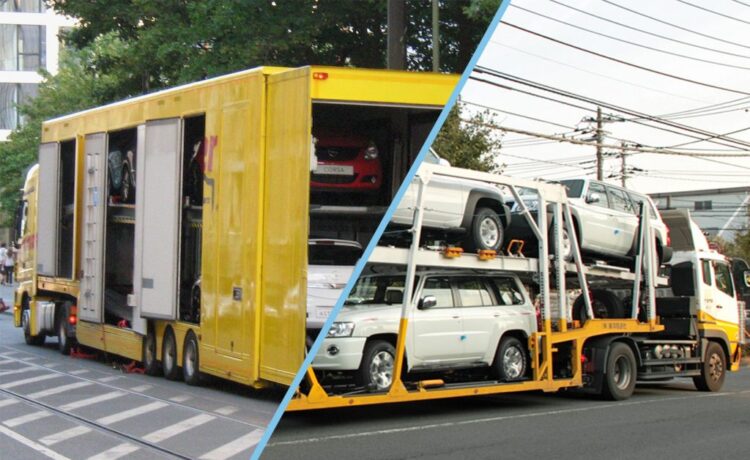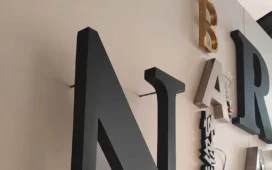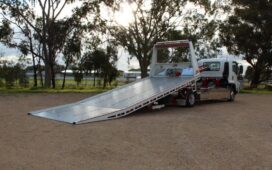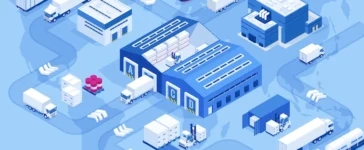If you’re in the market for a trailer, one of the first questions you’ll need to answer is whether to buy an open or enclosed trailer. Each option comes with its own set of advantages, limitations, and ideal use cases.
Choosing the right type of trailer depends on what you’re hauling, how often you’ll be on the road, your storage needs, and of course—your budget. This guide will walk you through the pros and cons of both open and enclosed trailers to help you make the best choice for your specific needs.
What Is an Open Trailer?
An open trailer has no roof or sides (aside from rails or short walls, in some cases). These are the most commonly used trailers for hauling landscaping equipment, construction materials, ATVs, and general cargo.
Pros of Open Trailers:
1. Lower Cost
Open trailers are typically more affordable than enclosed trailers. With fewer materials and simpler construction, they offer a budget-friendly solution for many first-time buyers or those who only use trailers occasionally.
2. Lighter Weight
Open trailers are lighter, which means:
- Easier towing
- Better fuel economy
- Less strain on your tow vehicle
This makes them ideal for smaller trucks, SUVs, or even some cars (depending on size and load).
3. Easier Loading and Unloading
With no walls or roof in the way, open trailers allow for:
- Quicker access from all sides
- Use of forklifts or cranes
- Oversized loads that can hang over the edges
This convenience can save time—especially on job sites.
4. Better Visibility While Towing
Because they don’t obstruct your rearview, open trailers are generally easier for beginners to tow, back up, and maneuver.
Cons of Open Trailers:
- No protection from weather, theft, or road debris
- Cargo needs to be well secured and covered if sensitive to the elements
- Limited storage options for tools or smaller items
What Is an Enclosed Trailer?
An enclosed trailer is essentially a mobile storage unit with a full roof, walls, and often a lockable rear door. These trailers are commonly used by contractors, movers, race teams, and anyone hauling valuable or weather-sensitive equipment.
Pros of Enclosed Trailers:
1. Full Weather Protection
Enclosed trailers keep your equipment safe from:
- Rain and snow
- UV damage
- Road debris and dust
This makes them ideal for transporting electronics, furniture, tools, and other sensitive items.
2. Better Security
With lockable doors and fully enclosed storage, these trailers:
- Help prevent theft
- Keep your tools or cargo out of sight
- Offer peace of mind when parked overnight
Some enclosed trailers even come with interior lighting and reinforced locking systems for extra security.
3. Additional Storage Space
Many enclosed trailers can be customized with:
- Shelves and workbenches
- Tool racks
- Tie-down systems
- Spare tire mounts
- Interior lighting or power outlets
They’re especially useful for contractors or mobile service providers who need an organized, portable workspace.
4. Branding Opportunities
The flat exterior panels are perfect for decals, logos, or wraps. For business owners, your trailer becomes a rolling advertisement every time you hit the road.
Cons of Enclosed Trailers:
- Higher initial cost
- Heavier weight, requiring a more powerful tow vehicle
- Slightly lower fuel economy
- Can be more difficult to load bulky or oversized items
Key Questions to Ask Yourself
To decide which trailer is best for you, consider the following:
1. What Are You Hauling?
- Landscaping gear, building supplies, ATVs? An open trailer may be sufficient.
- Electronics, expensive tools, or valuables? Enclosed trailers offer better protection.
2. How Often Will You Use It?
Frequent use and long hauls might justify the added cost of an enclosed trailer, especially if you’re traveling through various weather conditions.
3. What Is Your Budget?
Open trailers are more affordable, but an enclosed trailer may save you money in the long run by protecting your cargo from theft or weather damage.
4. Do You Need Onboard Storage or Workspace?
If your trailer is doubling as a mobile workshop or tool storage area, an enclosed trailer gives you far more options for customization and organization.
5. Where Will You Store It?
An enclosed trailer takes up more space and may require larger parking or storage accommodations. Open trailers tend to be easier to store when not in use.
Final Thoughts
There’s no one-size-fits-all answer when it comes to choosing between an open and enclosed trailer. It all comes down to how you plan to use it, what you’re hauling, and what level of protection and convenience you need.
Choose an open trailer if you want:
- A lower-cost, lightweight option
- Easier loading and better visibility
- A general-purpose hauler for outdoor gear, equipment, or supplies
Choose an enclosed trailer if you need:
- Protection from theft and weather
- Custom storage or workspace options
- A secure environment for tools, furniture, or business use
Still not sure which trailer is right for you? Visit your local trailer expert for a hands-on look at both options. A knowledgeable dealer can help you compare models, understand weight limits, and find the best fit for your towing vehicle and goals. We recommend Grizzly Trailer Sales.














